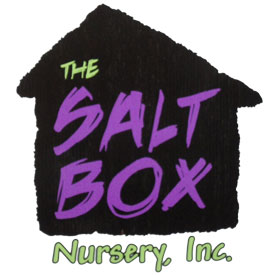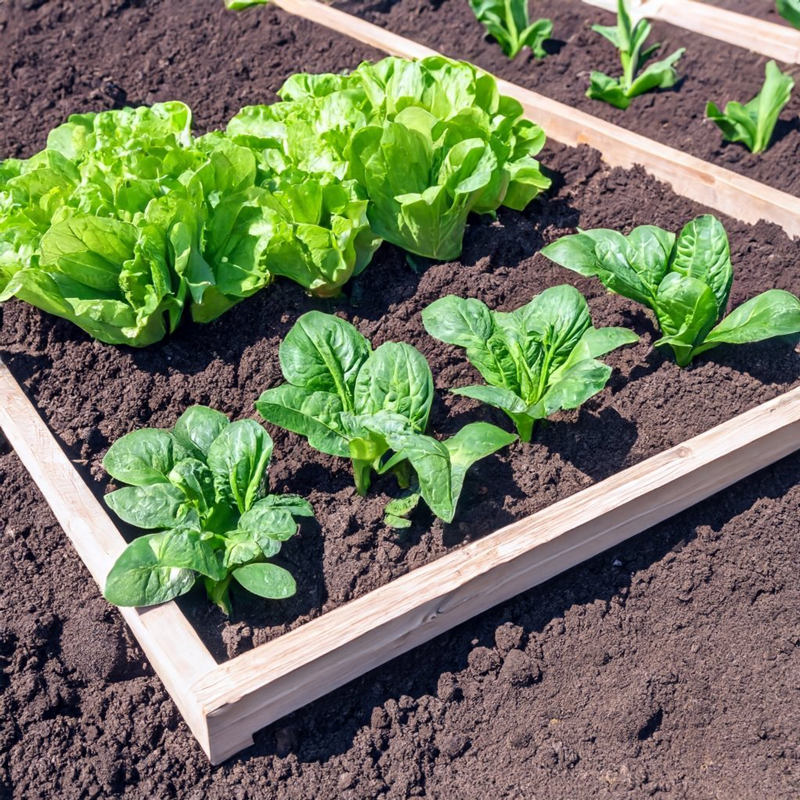Blog
Planning Your Vegetable Garden: What to Grow This Year
Embarking on the path to creating a vegetable garden is an exciting venture, filled with the anticipation of harvesting your own delectable, homegrown veggies. Salt Box Nursery is committed to guiding gardeners of all proficiency levels through the process of establishing and nurturing flourishing vegetable gardens. Whether you’re refining your gardening skills or about to sow your first seeds, selecting the appropriate vegetables for your garden is a crucial step on the road to a fruitful gardening season. This guide will assist you in planning your vegetable garden for this year, with a focus on selecting the right vegetables, understanding the climate you’re working with, and making effective use of your gardening space.
1. Climate Zone Familiarity
The key to a successful garden is understanding the climate it will be growing in. Using the USDA Plant Hardiness Zone Map to identify which plants are most likely to thrive in your area is essential. This foundational step influences not only the timing of your plantings but also the selection of vegetables that are best suited to your garden’s conditions. Additionally, consider the specific environmental factors of your garden area, such as the amount of sunlight it receives, exposure to wind, and soil moisture levels, as these will greatly impact the overall success of your garden.
2. Garden Space Assessment
The dimensions and characteristics of your available space will determine what and how much you can plant. Those with large yards may opt for expansive in-ground gardens to accommodate a broad variety of vegetables. Raised beds offer a solution for improving soil quality, facilitating better drainage, and easing the maintenance process. For individuals with restricted space, container gardening is a versatile approach, enabling the growth of vegetables on patios, balconies, or even window sills.
3. Choosing Vegetables
The act of choosing what to plant is among the most exhilarating steps in garden planning:
- Taste and Preferences: Concentrate on vegetables that you and your family like to eat.
- Space Requirements: Acknowledge the space each vegetable type needs. Plants with sprawling habits like watermelons require ample space, whereas compact varieties such as herbs and spinach are more accommodating.
- Adaptation to Climate: Select vegetables that are well-suited to your climate zone. For example, cool-weather vegetables like kale and radishes contrast with warm-weather favorites such as tomatoes and eggplants.
- Harvest Periods: Plan for a mixture of vegetables that mature at different times to maintain a steady flow of produce throughout the season.
Recommended Vegetables for Your Garden
- Leafy Greens: Crops like kale, lettuce, and collards are easy to grow and thrive in cooler temperatures.
- Root Vegetables: Parsnips, carrots, and beets are low-maintenance and space-efficient.
- Herbs: Dill, mint, and basil are ideal for beginners and can prosper in limited spaces or containers.
- Fruiting Plants: Cucumbers and tomatoes require more sunlight but offer generous harvests.
- Vining Plants: Maximize vertical space with climbing beans and squash, enhancing yield and plant health.
4. Tips for a Prosperous Garden
- Crop Rotation: Rotate where you plant your vegetables each year to avoid depleting soil nutrients and minimize pest issues.
- Companion Planting: Some plants benefit from being grown together, as they can naturally repel pests or enhance each other’s growth.
- Succession Planting: Stagger your plantings over several weeks or months to ensure a continuous harvest throughout the growing season.
5. Embracing a Small Start
For those new to gardening, it’s advisable to begin with a manageable-sized garden. Even a small plot, when properly cared for, can produce a significant amount of vegetables. As you become more seasoned in gardening, you can always expand your garden incrementally.
Conclusion
Planning your vegetable garden is a fulfilling journey that culminates in the joy of enjoying your own produce. Salt Box Nursery is here to support you from planning through to harvest, ensuring your gardening venture is a success. Remember, the essence of gardening goes beyond the vegetables you cultivate—it’s about the joy and learning that comes with nurturing life from the earth. Here’s to a bountiful and rewarding gardening season!

